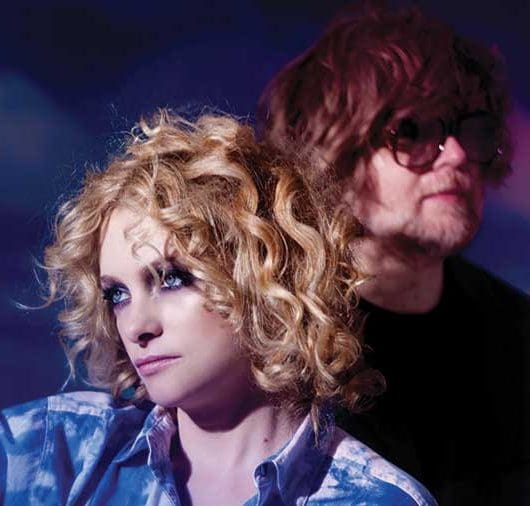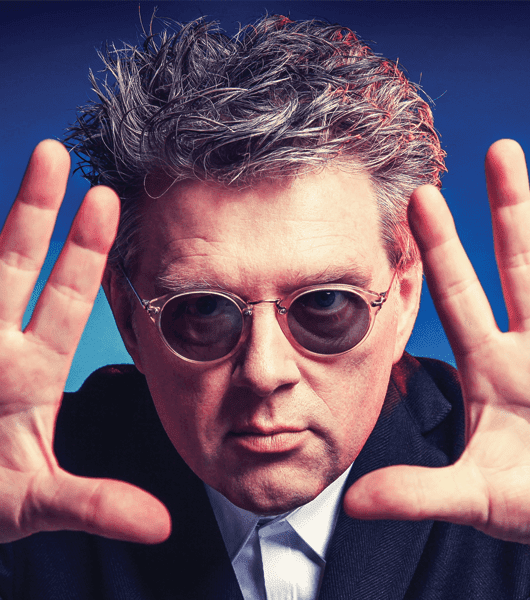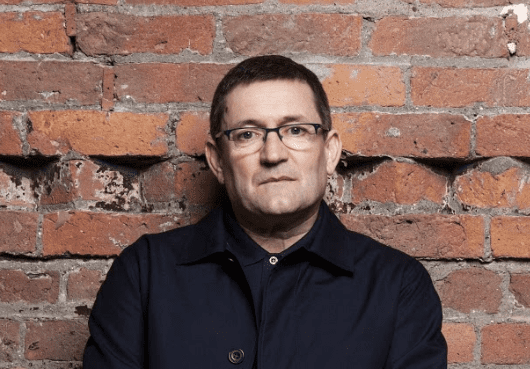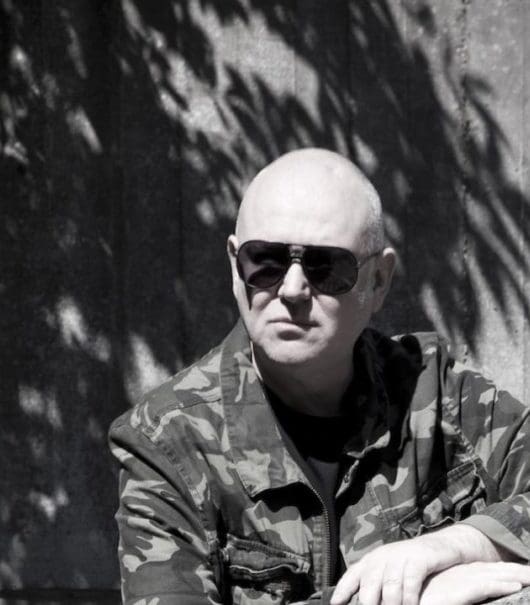Q+A: Cerrone
By Classic Pop | February 19, 2020
Marc Cerrone won worldwide acclaim with the single Love In C Minor in 1976, and its follow-up, Supernature, which became his biggest British hit, reaching No.8 on the UK charts in 1978. Known as the Father of French Disco and famed for his erotic cover art, the songwriter, drummer and record producer has sold more than 30 million albums and is the most sampled French artist of all time…
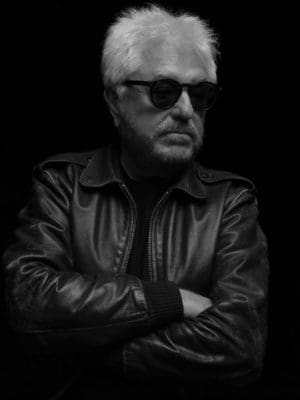
At what age did you start playing the drums?
I started at the age of 12, thanks to my mother who offered me the instrument as a present to keep me calm and stop me from being kicked out of every school I went to. I was a very turbulent boy! This may sound funny, but it’s the truth!
Did you start out making music for clubs rather than the radio?
Yes, absolutely. Love In C Minor was made specifically for the clubs. I let myself go and made 16-and-a-half minutes of music. It’s also the reason why no major company wanted to sign me at the time. They would all say, “No, it’s too long, the drums are too loud and they won’t play it on the radio.” I kept trying to explain that the record was meant for the clubs, not radio, but they stared at me like I was a lunatic! So I decided to print 5,000 copies of the album via Island UK, then I went around the shops with some friends and we started to sell the records here and there. A buzz started very quickly.
How did your music reach America?
Champs Disques, a famous record shop on the Champs-Élysées, which specialised in imports, started to sell more and more copies of my records. The manager asked me to give him 300 more copies, and we would share the profit. He called me back 48 hours after I gave him the records. I thought he’d already sold them but he told me that they’d been sent by mistake to a record wholesaler in the US, instead of some unsold Barry White albums. The wholesaler listened to the record and liked it a lot. He gave it to his dealers and DJs to try in the clubs. The success was immediate. I learned pretty quickly about it in France and flew to the US to make a deal. The first record company I went to was Atlantic Records and I signed a contract with them within 48 hours. You know the rest of the story: three million copies sold and my first Grammy award!
What are your memories of the legendary Studio 54 in New York?
I can’t really tell you any particular anecdote about that club, which was so special and unique. The reason is, if there still was a club like that in the world, the police would close it down within days, if not hours!
How did Lene Lovich come to write lyrics for you?
I met her at Piccadilly Circus while walking with a friend. She was playing toy saxophone with some Hare Krishna guys. I found it pretty crazy and amusing. She saw me laughing and came over to talk with me. I told her I was a musician and was recording at Trident Studios. She said she’d love to come to visit us at the studio. So I invited her and she proposed writing some lyrics for me. I said “Why not? Show me what you can do!” That was the beginning of our collaboration, on my second album Cerrone’s Paradise. Obviously I kept her as a lyricist for Supernature and the next ones.
Were you surprised when disco went mainstream and became so big?
Yes, of course! The most surprising and funny thing about it was when all the majors started to produce disco-flavoured pop songs for their top artists, when they used to say that disco would never work!
How do you see the influence of disco on the club music of the 80s, 90s and today?
After quite a lot of bad records made by the majors, disco was worn out and replaced by a pop mainstream, also imposed by the majors. But in the meantime, the DJs, the clubs and the public were still demanding dance music. So after having being remixed, sampled, reworked etc, disco music found its second life through the global dance music in the clubs. And this is probably the reason why I’m still here.
You were delivering a message about the environment on Supernature in the 70s. Are you hopeful that concerns about the planet are finally being heeded?
For more than 40 years I’ve been concerned with environmental issues and the bad treatment our planet is receiving from mankind: chemical pollution, plastic pollution, growing industrialisation etc. Yet, I’m not one of those who believe in the end of the world. I think our civilisation has just to move forward the right way by correcting its mistakes. And the whole world is reacting now, so it’s encouraging.
Douglas McPherson


